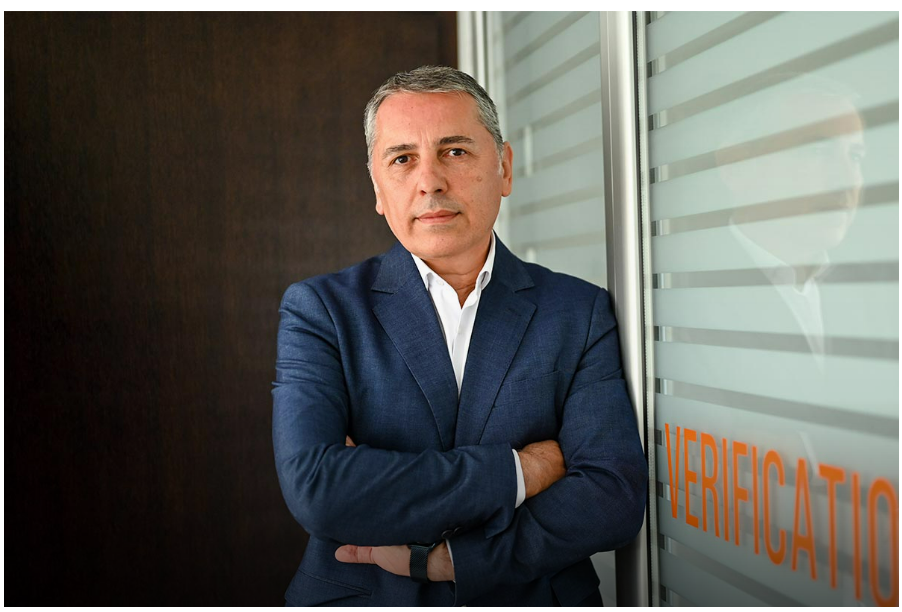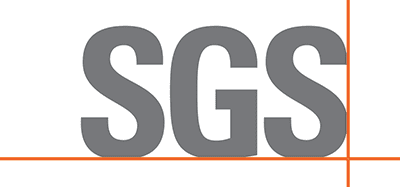Miljan Milević, FIC Board Member & Managing Director Of SGS Serbia
Reliable Partner Of The Serbian Government

SGS, a global leader in control, verification, testing and certification services, has for ten years been a reliable partner of the Government of Serbia in the work of marking and monitoring petroleum derivatives in the Republic of Serbia.
Both foreign investors and domestic companies must harmonise their processes, products and services with international standards and criteria, which is why our interlocutor expects demand for his company’s services to increase.
How does the growth of foreign investments and the inclusion of Serbian manufacturers in large supply chains impact demand for testing, inspection and certification services?
As a global leader, SGS develops and validates its own methods continuously, utilising resources and knowledge at the global level.
In this sense, in order to survive on an increasingly challenging market, foreign investors, but also the most successful Serbian companies, must harmonise their processes, products and services with the requirements of technical and international standards and criteria, which are demanded through relevant international certification schemes, such as IFS and BRC, or criteria required in the areas of social responsibility, such as the SA8000 Standard and the requirements of BSCI or SMETA. This is precisely why we expect demand to increase.
How can your services contribute to controlling the grey economy in the field of energy products and in other sectors in Southeast Europe?
In the world of global trade, in endeavouring to preserve transparency and trust, SGS also offers solutions that combat the grey economy, especially in the area of energy smuggling. SGS has already spent ten years as a reliable partner of the Government of Serbia in the work of marking and monitoring petroleum derivatives in the Republic of Serbia. This refers to the first anti-corruption programme in the fight against the grey economy in Europe. The aim is for the marking of derivatives in production and when importing to ensure the successful monitoring of the legality of traffic, with the recouping of losses in revenue from unpaid customs and excise duties, as well as to prevent the adding of illegal components to petroleum derivatives with the aim of improving the protection of both the environment and consumers. In the first year of implementation alone, the state generated income of 139 million euros in additional taxes, with more than 1.5 billion euros pouring into the state coffers over the subsequent decade, while the grey economy in this area fell to below 1%.

Due to the planned advancement and automation of the marking process, SGS has developed automatic marker injection devices (AMID) that have become crucial to the revolutionary transformation of marking technology and that play an important role in combating illicit trade in Serbia.
Which new services have you developed to address the need for companies to harmonise their operations with the European Green Deal?
SGS welcomed the Green Deal with readiness, given that we’ve been working since the signing of the Kyoto Protocol to develop specialist verification services for reports on emissions of greenhouse gases (GHG), as well as other services that encompass checks against international standards on environmental protection, GHG emissions, carbon footprints, as well as technical analysis services of project feasibility and environmental impact.
SGS is accredited according to ISO 14065 to conduct the verification of reports on GHG emissions for a range of local, regional and global schemes, while the company also provides inventory services for GHG emissions that are aligned with the standards of ISO 14064-1, GHG Protocol, PAS 2060 and PAS 2050. SGS assists companies in developing a verifiable carbon footprint of their organisation or product, as well as in identifying possibilities to make savings through the development of business strategies and roadmaps for reducing carbon emissions.

